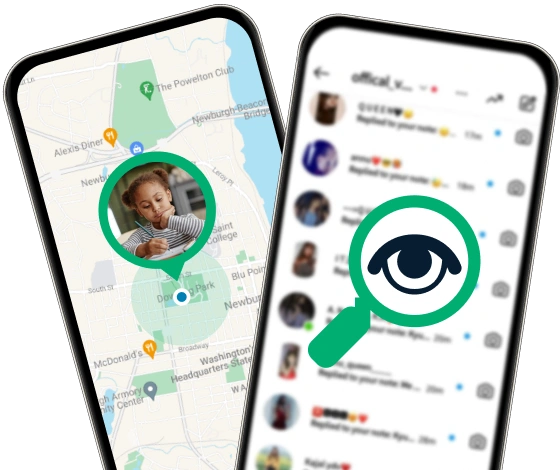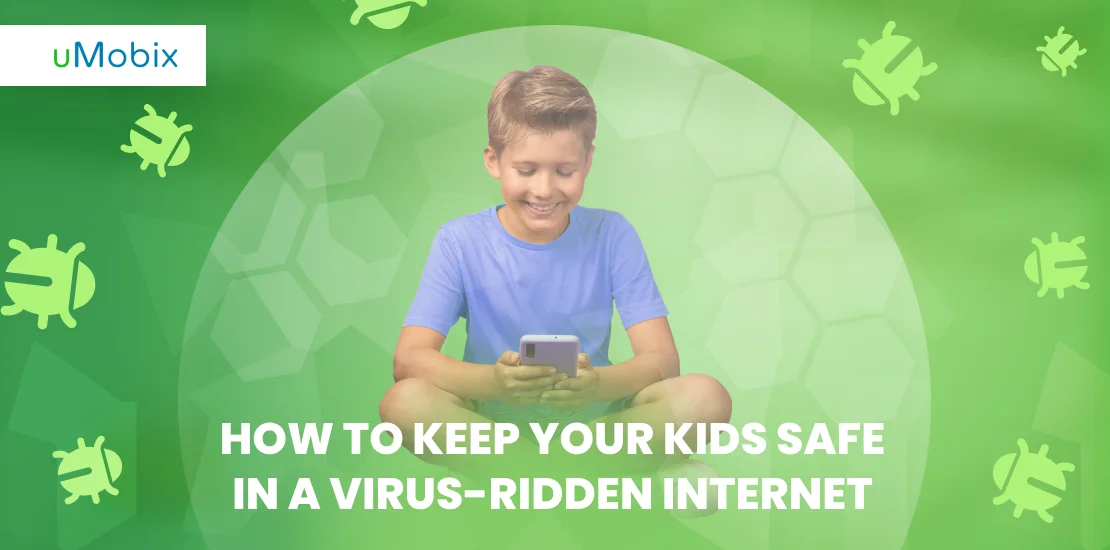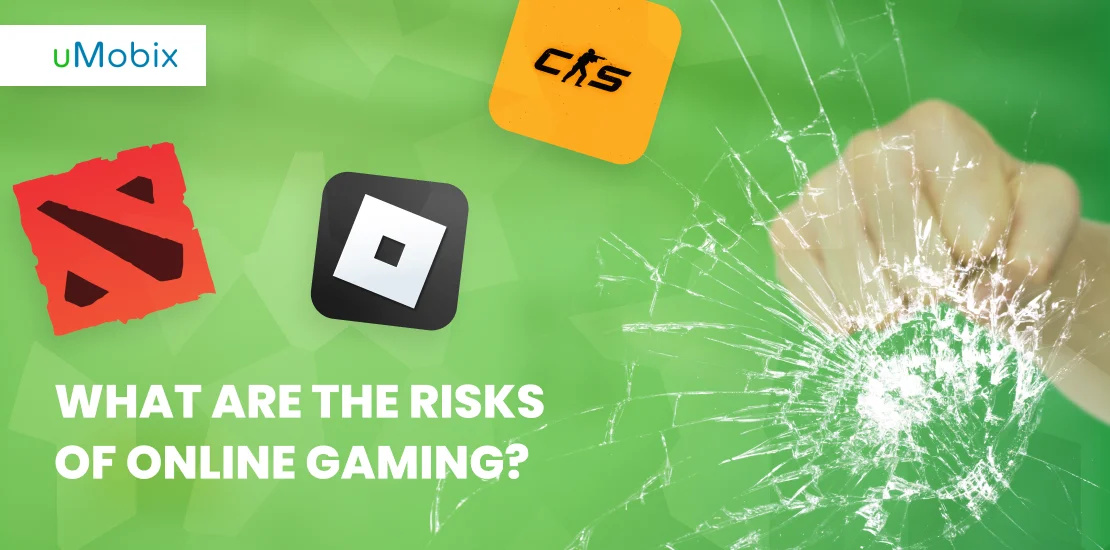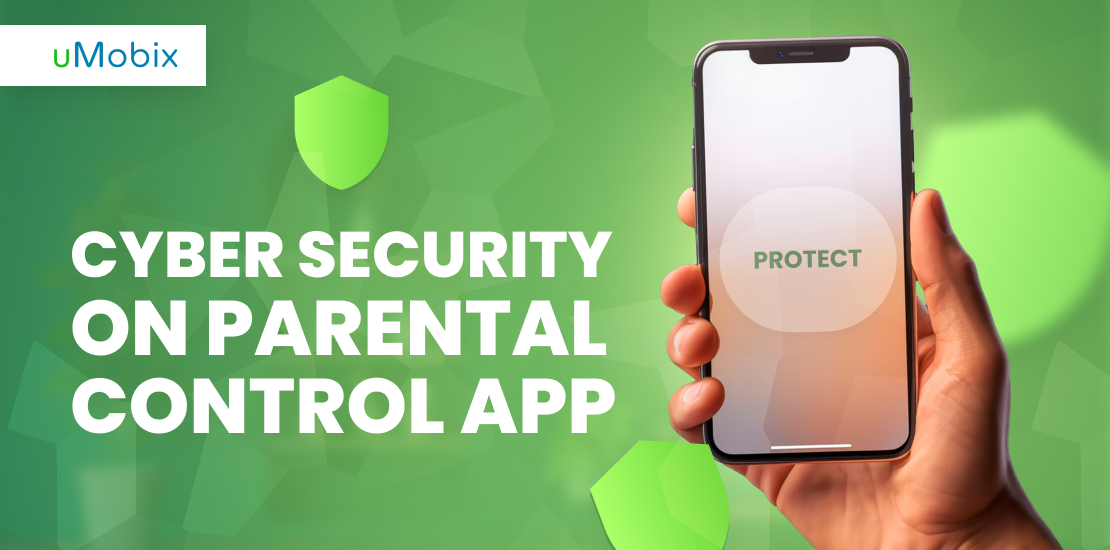As one knows, the Internet is filled with viruses, leading to your children (or even you) possibly downloading one to your PC if they’re not careful. This post will tell you about the latest dangers of the Internet, including viruses and the best antivirus software.
The Dangers of Internet Use for Kids
The Internet is filled with dangers for your children. Let’s look at some of them right now.
Viruses and Malware
A computer virus is called that because it can, essentially, make your computer sick, causing it to slow down, lose data, or not work. Another threat your computer can face is malware or malicious software. Usually, this software disguises itself as innocuous and then wreaks havoc on your computer. It can steal your data, show you unwanted pop-ups, and even take control of your computer.
The latest virus protection can stop viruses or warn you if a program looks malicious. In addition, keeping your computer up-to-date is another way to prevent viruses and malware.
Downloading and File Sharing
Another risk your children face is downloading and sharing files that break copyright law. While streaming services make it easier to enjoy content legally, some might still go towards illegal downloading and file sharing sites.
With this, you are breaking the law. While agents probably won’t bust down your door, you might get a warning from your ISP. Not only that, but many downloading and file sharing sites have viruses. So if you see your kid downloading something suspicious, look at it and scan it with the latest virus protection. And provide legal ways to consume content.
Phishing
Many phishing emails fall under scrutiny, with typos and illegitimate links, but some are almost indistinguishable from the real. That is why it is necessary to use anti-malware. However, suppose you are still unsure about the authenticity of the email you have received. In that case, you should contact customer service of whatever service the email represents to confirm if it’s a phishing attempt.
Phishing affects adults and children, with phishing emails attempting to steal your personal info. One example is if you receive an email from someone claiming to be from your bank, and they need to “verify your information.” In truth, they are a hacker trying to steal your banking info.
Online Predators and Sexting
There are thousands of predators online looking to groom your children into sexual situations. Many will disguise themselves as people of your child’s age; also, they like to target emotionally vulnerable kids. Unfortunately, with many teenagers dealing with stress and changing hormones, they become potential victims of predators.
They can inhabit any space your child goes to, and it’s not limited to a specific corner of the Internet. While some like to be in chat rooms, others – in online game forums or on Discord servers. The conversations they have with your children can go from harmless to sexual.
As a parent, you must vet who your children are talking to and step in if something is wrong. A parental control app could help you with this.
Cyberbullying
Of course, many threats can come from people the same age as your kid. One risk your child can face is cyberbullying, which involves other children harassing your child. Some parents might not take cyberbullying seriously because it’s online, but it can have serious mental effects on your child. There have been many cases where a child who is cyberbullied has fallen into depression or has self-harmed. In rare cases, they might even attempt suicide. If you suspect your child is being cyberbullied, you should use a phone tracking app to figure out who is bullying them and control who your child can talk to.
Cyberstalking
Cyberstalking falls into a similar camp as cyberbullying, and the two can intertwine. Cyberstalking involves someone following another around the Internet, though the intention can differ. Some cyberstalkers can come in the form of obsessed fans or be bullies. Cyberstalkers will create multiple accounts so that a person cannot block them all. In many cases, a cyberstalker can bypass IP blocks and other attempts to silence a person.
A cyberstalker can have similar mental health effects as a cyberbully. So once again, you must use a spy app if you feel like your child is being cyberstalked.
Oversharing
With social media, kids and adults alike tend to overshare. On social media, oversharing can involve telling people where you are, your real name, how much money you have, and many other personal details. While social media will naturally give others a glimpse into your life, there are some details you probably shouldn’t share, especially if the person posting them is a minor. For example, you don’t want a predator to know where your child is.
To keep you and your children safe, use internet security tools to monitor what your children post, and if there’s something that is TMI, delete it.
Public Wi-Fi
When you or your children are out and about, you might use public Wi-Fi found in businesses or other establishments. Public Wi-Fi can be helpful so that you don’t use your mobile data, and it can allow your laptops to connect to the Internet.
However, public Wi-Fi is susceptible to hackers and malware because it’s an open network. Of course, there are times when it’s your only option. That’s why it’s vital to use virus protection and anti-malware when using public Wi-Fi. In addition, avoid opening any sensitive documents when using public Wi-Fi. Only do so on a secure server.
6 Ways to Talk With Your Kids About Internet Safety
- Don’t be aggressive about it. Otherwise, your kid can distrust you.
- Instead, sound calm and collected. This way, your child will know that you show genuine interest and concern.
- Demonstrate some ways to be safe on the Internet to them. For example, show them how to download free virus protection apps.
- The way how you talk to your child can differ. If your child is young, you will be more of a teacher. If they are teenagers, you must speak to them in a way that doesn’t feel overbearing and allows for independence.
- Don’t talk down to them, especially if they’re older.
- Tell them that if they need anything, you are here.
Monitor Your Kids’ Internet Access
While your child, particularly a teenager, should have some privacy on the Internet, there are situations when you might want to monitor what they’re doing. This sentiment applies further if you suspect they are talking to someone they shouldn’t or are doing something inappropriate.
Monitoring your child’s Internet access can come from a phone number tracker app or a monitoring app. These apps, such as uMobix, can help you learn who your child is talking to or what sites they visit. Installation and monitoring are usually straightforward, allowing you to know the answers sooner.
Parental Controls
Another way you can keep your kids safe is through parental control. These controls restrict your child’s access to certain apps and websites that might be inappropriate for your child’s age. In addition, parental controls can limit how much time your child spends on the Internet. This limitation can be significant if you want your child to finish their homework. Parental controls are adjustable, meaning you can change them according to your child’s age and what content you think they can handle.
Antivirus Software Programs
Another common way to keep your child safe is to use virus protection. While not foolproof, having the latest virus protection and anti-malware programs can keep your child safe. Many antivirus software programs come free, though some require you to pay a premium if you need extra protection.
Besides antivirus protection, you should also be sure to update all software periodically. Software updates can close some holes that can leave your computer vulnerable to attacks and can help arm yourself with the latest antivirus strategies.
How to Choose the Best Phone Monitoring Software
- Look for software that is easy to install based on your skill level. For example, some will require you to have a rooted phone, while others won’t.
- View what the software can help you monitor. Be sure it monitors the specific app that you need.
- If there are any reviews, read them and learn what people say about the app.
- Look at the pricing. Most monitoring software isn’t free but instead uses a tiered pricing system based on your needs. So depending on what you want, you might suffice with the standard package, or you could use the premium package.
- If you have any questions about the software, contact customer support. Quick, informative customer service says a lot about the app, so keep that in mind.
Final Words
The Internet is filled with many dangers, which you must be mindful of if you want to keep your child safe, and even yourself. By keeping track of what your child is doing, you can keep them safe. An app can help with that, monitoring them and helping to stop any viruses.
FAQ
The best way to keep your child safe is to be in their lives. Check on them, and if something seems wrong, ask. If you still feel like something is up, you might want to use a monitoring app to see what your child is up to. Often, you're better safe than sorry.
While not foolproof (especially if you have a tech-savvy teen) parental controls can be an excellent tool in preventing your children from experiencing something inappropriate. In addition, they can be a tool to limit your child's Internet usage.
Let's summarize the six tips we gave earlier.
- Be friendly and avoid being confrontational.
- Have a calm conversation with them and show interest.
- Show them how to practice proper internet safety.
- Be mindful of your child's age, and be sure you're talking with them in a way that is appropriate for them.
- Never talk down to them, as it won't work.
- Above all else, tell them you'll be open and not judgmental if they need anything.

Latest posts
- 10 Best Apps for Parents to Monitor Social Media: 2026 Guide
- Complete List of Keywords to Block for Parental Control
- Does Telegram Notify Screenshots? Everything About Screenshot Detection
- How to Find Someone’s Deleted Instagram Posts: Complete Guide
- Family Tracking App by uMobix: Keep Loved Ones Safe




